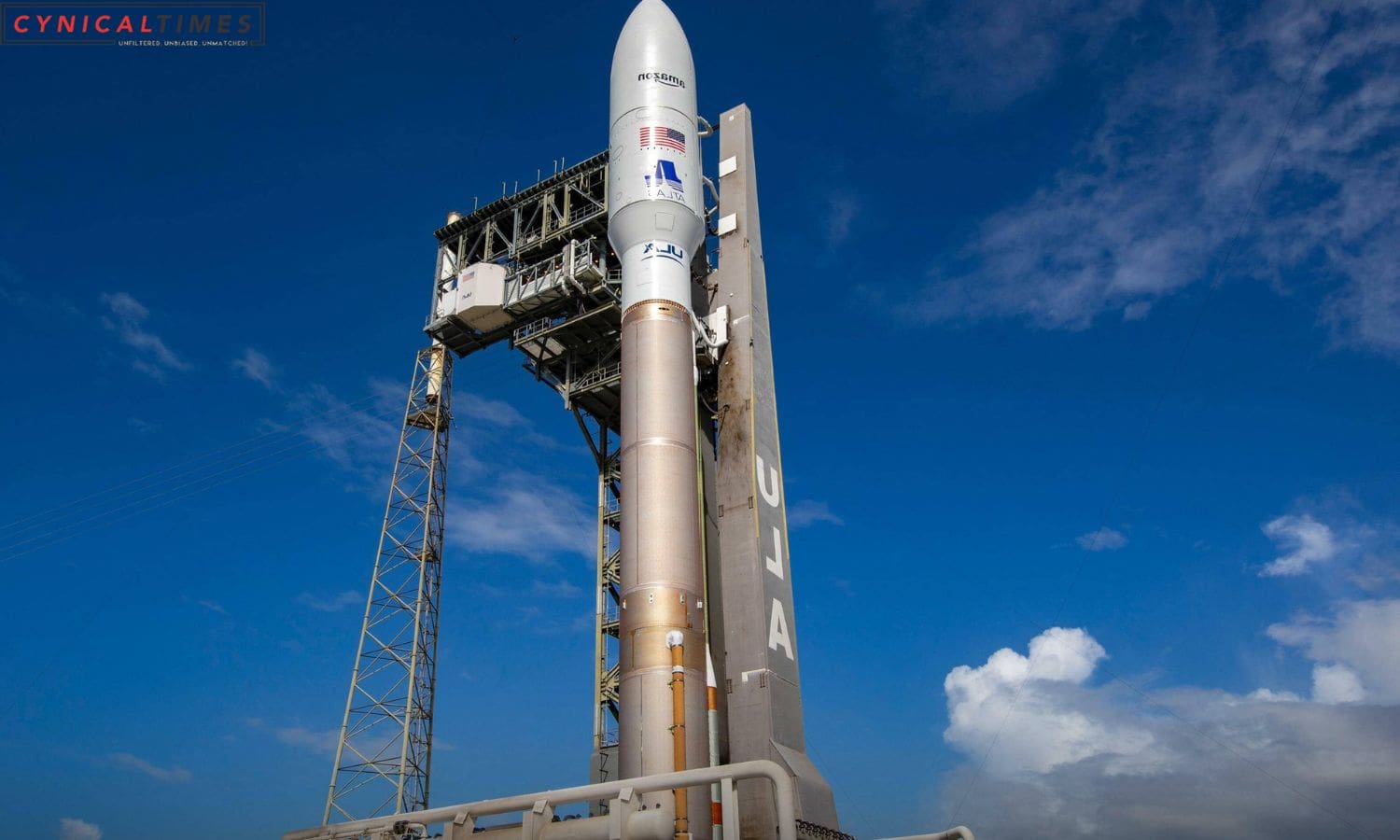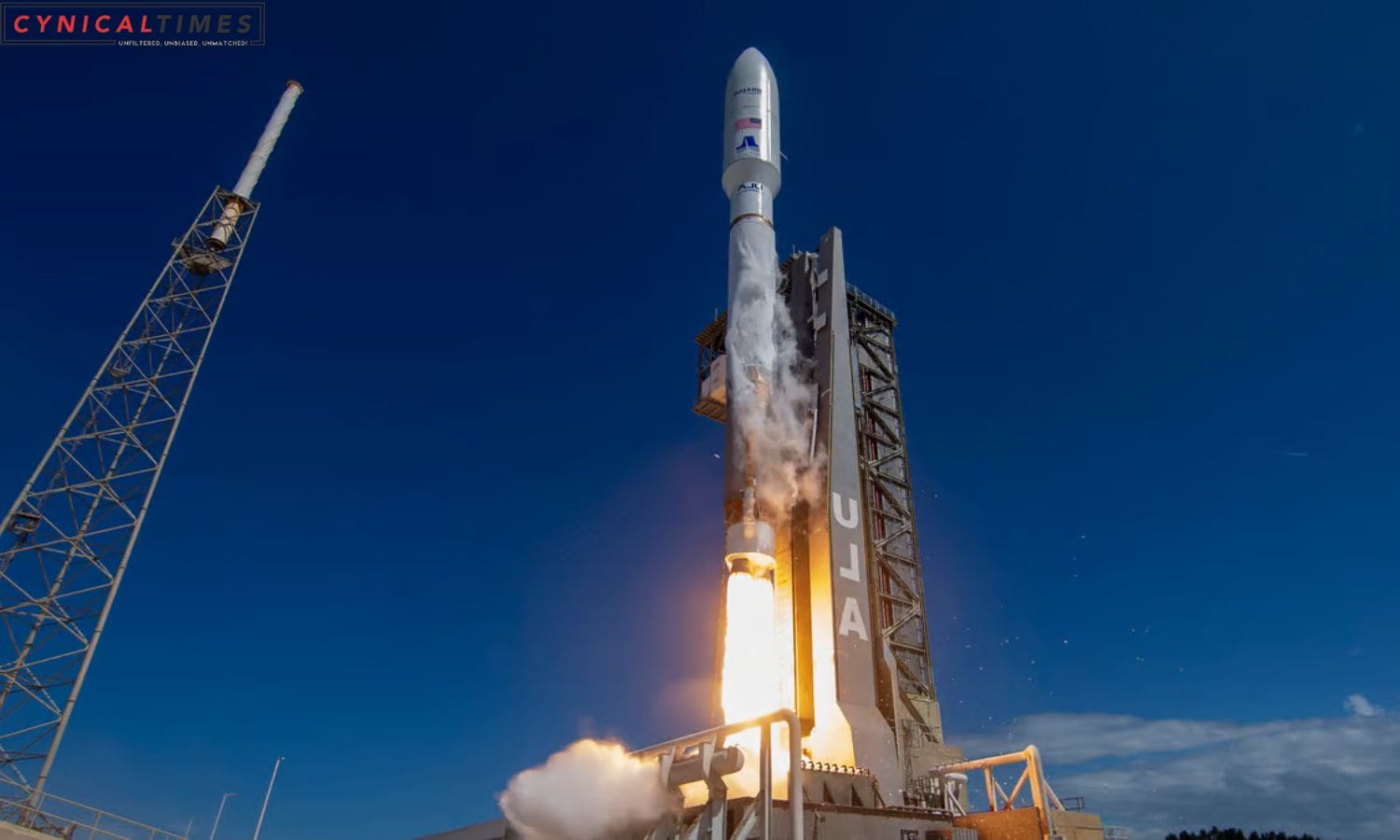Amazon and SpaceX Unite: In a surprising twist in the ever-competitive space industry, Amazon, led by founder Jeff Bezos, has struck a deal with its chief competitor, Elon Musk’s SpaceX, for the launch of internet-beaming satellites. This unexpected partnership, announced in a press release on Friday, reveals Amazon’s commitment to advancing its Project Kuiper, a constellation of internet satellites designed to provide global connectivity.
Despite the well-known public rivalry between Musk and Bezos, with occasional social media sparring and competing space ambitions, such collaborations are not uncommon in the rocket launch sector. Amazon’s satellites are slated to ride aboard three SpaceX Falcon 9 launches, set to commence in mid-2025, marking a significant step in Amazon’s bid to establish itself in the satellite-based internet services sector.
Project Kuiper aims to deploy thousands of internet satellites, directly competing with SpaceX’s Starlink, which already boasts over 5,000 satellites in orbit. Amazon, however, lags behind SpaceX in satellite deployment, with only two prototypes launched in October. The company had previously signed a substantial contract with Blue Origin, another venture founded by Bezos, for the launch of Kuiper satellites on 77 rockets.


Also Read: NASA Laser Leap: Breaking Limits in Deep Space Communication
This unexpected partnership with SpaceX has raised eyebrows, especially considering the existing contractual arrangements with Blue Origin. In August, a shareholder lawsuit was filed, claiming that Amazon executives breached fiduciary responsibilities by not exploring the cost-effectiveness of launching Kuiper satellites on SpaceX rockets. Amazon dismissed the claims, asserting their confidence in the legal process.
In its recent statement, Amazon clarified that the agreement with SpaceX complements the existing deal with Blue Origin, providing additional launch capacity to expedite Project Kuiper’s deployment. Despite these strategic collaborations, Amazon faces the crucial task of ensuring the functionality of its satellites. According to Rajeev Badyal, VP of Technology for Project Kuiper, successful ground testing has set the stage for upcoming satellite launches. The company anticipates beta testing with customers to commence in late 2024.
As Amazon and SpaceX join forces in the satellite race, the dynamics of this evolving industry take an unexpected turn, showcasing the complex interplay between competition and collaboration among space giants.
Our Reader’s Queries
What is Amazon’s version of SpaceX?
Amazon’s Project Kuiper is set to revolutionize the internet industry by launching and connecting 3,236 satellites in low Earth orbit (LEO), similar to SpaceX’s Starlink. The company has already launched two prototype satellites in October and is currently testing the necessary systems for the network to operate. With this ambitious plan, Amazon aims to provide high-speed internet to people all over the world, making it more accessible and convenient than ever before. Stay tuned for more updates on this exciting project!
Does Amazon have a rocket?
Amazon has recently acquired three SpaceX rocket launches for its Kuiper internet satellite initiative. The company had to meet a federal regulatory mandate of launching 1,618 satellites into space within the next 2.5 years. This move is a significant step towards Amazon’s goal of providing high-speed internet access to remote areas around the world.

